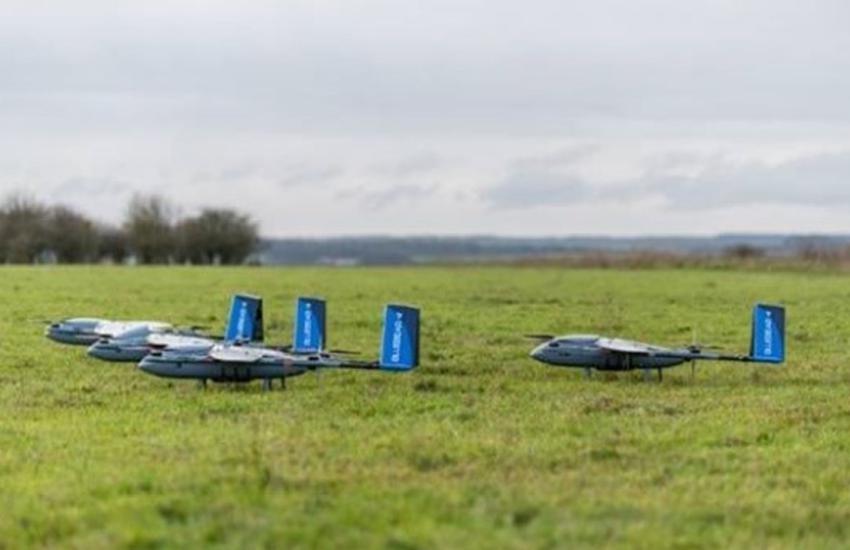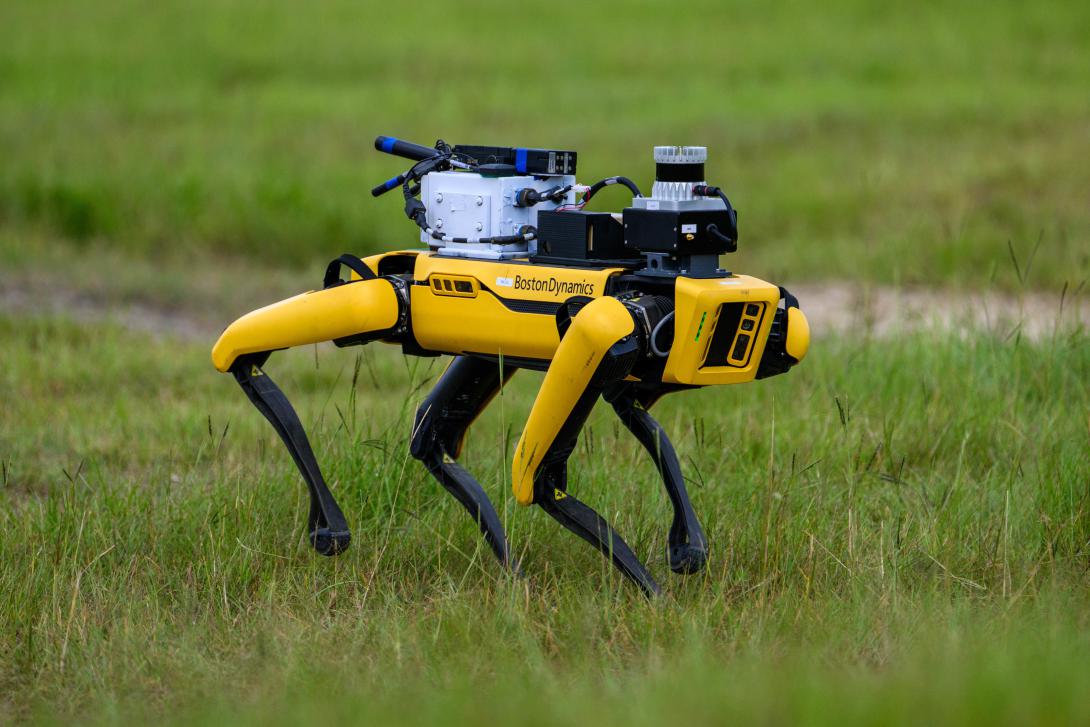AI: China’s Strengths and Weaknesses
It seems that the U.S. faces a “Manhattan Project moment” in artificial intelligence (AI). As its scientists develop military capabilities adversaries see its power and seek to keep up. “In terms of impact, artificial intelligence going to be similar to nuclear weaponry,” said Alexandr Wang, CEO of ScaleAI, a software developer.
Wang and two other experts testified at a hearing before the House Armed Services Committee.
A greater conflict between freedom and authoritarianism sees AI as its main battle ground, according to Wang. “The country that is able to most rapidly and effectively integrate new technology into warfighting wins,” Wang told lawmakers.
The West faces four primary risks from China as the most advanced dictatorship leveraging artificial intelligence for internal suppression of its population as well as power projection through its armed forces.
Expenditure is China’s main advantage right now. “This year, [China is] on track to spend roughly three times the U.S. government on AI, the [People’s Liberation Army] is also heavily investing in AI-enabled autonomous drone swarms, radar systems, autonomous vehicles and China's launched over 79 large language models since 2020,” Wang said.
Misinformation and influence on democratic processes is something that, as Beijing acquires further capabilities, will provide further leverage over open societies with free information flows as deep fakes are expected to stir dissent and further divide the West. “Generative AIs will soon pour gas on these fires,” said Klon Kitchen, managing director and global technology policy practice lead at Beacon Global Strategies, an advisory firm.
A slow acquisition process is another risk for the U.S., as old ways should be updated to the digital age. “One of the challenges that we also see over there is a long process of evaluation, which if we have standard procedure in place, these types of evaluations, as long as they're standardized, they can go much faster,” said Haniyeh Mahmoudian, global AI ethicist at DataRobot, a software developer.
Open data from the West is another risk, to feed models that could potentially be used or repurposed for defense. Data purchases of key sets should have a strict follow up, according to one witness. “Their acquisition through purchase of American data through large data stores,” Kitchen said. The expert warned about data coming from corporate purchases and applications like TikTok.
On the other hand, the Asian country faces a West that has worked to stop its ascent to AI supremacy. The experts cited four key facto
On the other hand, the Asian country faces a West that has worked to stop its ascent to AI supremacy. The experts cited four key factors.
The best practitioners, including many from China, prefer the U.S. and the West as a place to develop their skills and improve the technology. “The U.S. dominates the underlying computer science giving birth to these advancements and we remain the home of choice for global talent on hardware,” Kitchen told the committee during the Tuesday hearing.
The U.S.-led limitations on access to AI chips is expected to dent any leadership it may have built. “A strong bipartisan consensus is allowing us to meaningfully constrain China's access to cutting-edge capabilities like advanced graphics processing units,” said Kitchen.
The Pentagon produces troves of defense data that can be leveraged to train models that will give the West a leading position in this field. The experts in the witness panel said that the Peoples’ Liberation Army does not currently produce data sets of this size. Still, this advantage has a warning, according to Wang.
“Data supremacy: AI systems are only as good as the data they are trained on, the DoD (Department of Defense) creates more than 22 terabytes of data daily, most of which is wasted,” Wang told lawmakers. He also offered a warning as having the data is important, but using it is key: “Everyone within the DoD needs to understand that data is actually the ammunition in an AI war.”
Politics is another factor affecting AI development, as openness is a double-edged sword. Malign actors routinely try to leverage technology to disrupt the democratic process; nevertheless, authoritarianism makes AI a blunt sword. “The Chinese government's political fragility, strict content controls in general oppression of its own people, will compromise or bias much of the data that it collects diluting its utility and ultimately limiting the development of Chinese AI,” Kitchen said.

The country that is able to most rapidly and effectively integrate new technology into warfighting wins.
Looking toward the future, the experts panel evaluated possible courses of action.
The current embargo over cutting-edge semiconductors as well as machinery to build them, among other sanctions, was hailed as a step in the right direction. Still, users regardless of their location can utilize technologies through the internet. “Limiting Chinese cloud services would be an excellent next step,” Kitchen declared.
One of the first applications in defense is far from the ominous “killer robots” scenarios many discuss. AI in logistics increases a human army’s lethality, and the experts strongly recommended the country adopt and expand in this area. Nevertheless, effectiveness must be tested and retested to ensure models work as predicted. “As the DoD looks to apply AI to every function within its within its operation everywhere, from warfighting to back-office functions and logistics, we need to have proper testing evaluation mechanisms that ensure that at every instance artificial intelligence deployed follows our ethical AI principles,” Wang said.
The global nature of computing and the distribution of expertise around the world means that the U.S. will find more difficulties trying to lead without leveraging allies. “We need to form as many key partnerships as possible to ensure that the governance of this technology both for military use and for use, serving commercial purposes are adhering to the democratic values that we have as a country quickly,” Wang said.





Comments